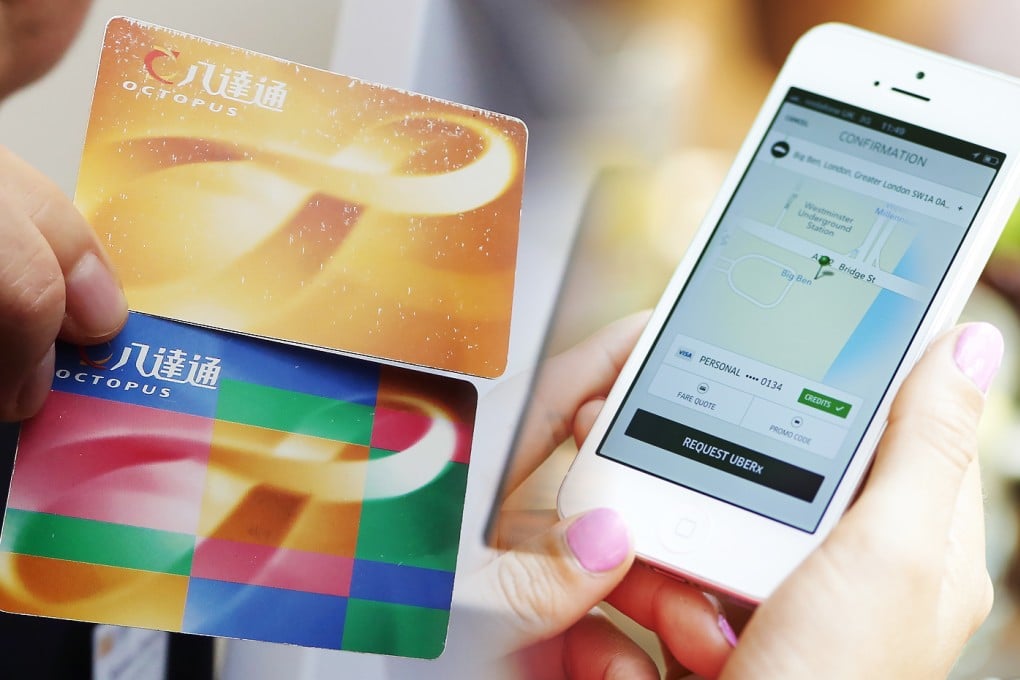Mr. Shangkong | From 'out-dated' Octopus card to Uber: Is the government's mindset blocking Hong Kong's future?
Policymakers need to ensure laws are relevant in today’s rapidly evolving ‘sharing economy’

I first visited Hong Kong about 15 years ago as a tourist and the small plastic Octopus card left a very strong impression on me – I could use it to do many things from taking the subway to buying drinks at 7-Eleven stores around Hong Kong at a time when cash remained king in my hometown of Shanghai.
I remember one thing that I found disappointing during my first trip to Hong Kong was riding in a taxi. If I could use an Octopus card to go almost anywhere on the city’s MTR subway system, why couldn’t I use the plastic card to pay for my taxi fare? I couldn’t do that 15 years ago and even today, using an Octopus card to pay for a taxi fare is still only possible in a small number of cabs.
The past 15 years serve to show how Hong Kong has been gradually left behind in terms of technological development and innovation compared to other big cities around the world.
Nowadays when you travel to mainland cities like Shanghai and Beijing, people don’t talk about credit cards but smartphone-powered internet payment solutions like Alibaba’s Alipay and Tencent’s WeChat. These are not only convenient for customers but also allow them to save some money as such internet services often team up with merchants to provide special discounts for transactions.
Hong Kong’s Octopus card was once considered a great example of how technology could make people’s lives easier, but now it just looks like an awkward legacy of the last century rather than something that Hong Kong can be proud to show the world.
Once a leader in efforts to build a “smart city”, now Hong Kong is stuck in a rut and my Octopus card experience from 15 years ago compared to today is just one small reflection of the city’s disappointing lack of development.

